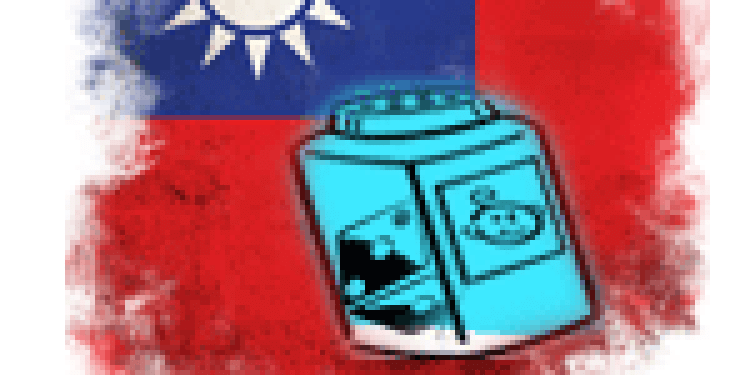Baby Powder Used to Thwart Illegal Street Gambling in Taiwan
Posted: April 8, 2010
Updated: May 22, 2018
Many years ago, gambling in Taiwan was legal in many of its forms, but then the government imposed extremely strict laws which

Many years ago, gambling in Taiwan was legal in many of its forms, but then the government imposed extremely strict laws which could see an individual severely punished even for playing three games of Mahjong in a row, even in the event that no currency was exchanged!
Lucky for those residing in Taiwan, Taiwanese gambling law seems to be following a trend and loosening pattern in the last few years. A research team was even sent to Las Vegas to study the industry in preparation of its being legalized back home.
Even though gambling is at this point permitted to a certain extent, policies regarding the issue are still very strict. Casinos and other gambling establishments are only permitted in remote locations on some of the territory’s islands.
Regardless of what the current policies are, gambling in Taiwan goes on. Possibly due to the oppressiveness of the system, a sizeable gambling black market has established itself and has up until this point done quite a job at thwarting authorities.
The police recently developed a new – or very old – method of tracking down local gambling culprits. An undercover officer recently approached a group of gamblers carrying a cup of baby powder. After making his entrance he threw it all over the gamblers who were then easily identifiable and picked up by the officer’s colleagues.
Twelve men were arrested in total. Ten were arrested for gambling and face a maximum fine of NT$1,000 ($31.50). The remaining two were arrested for running the small operation and may face jail time up to three years a piece.
Those looking to gamble need to either make it out to the new casinos or embrace internet gambling in Taiwan. There are a few online casinos in Taiwan which accept players without quip. These internet casinos are based on foreign soil, outside of the Taiwanese government’s jurisdiction.
Lucky for those residing in Taiwan, Taiwanese gambling law seems to be following a trend and loosening pattern in the last few years. A research team was even sent to Las Vegas to study the industry in preparation of its being legalized back home.
Even though gambling is at this point permitted to a certain extent, policies regarding the issue are still very strict. Casinos and other gambling establishments are only permitted in remote locations on some of the territory’s islands.
Regardless of what the current policies are, gambling in Taiwan goes on. Possibly due to the oppressiveness of the system, a sizeable gambling black market has established itself and has up until this point done quite a job at thwarting authorities.
The police recently developed a new – or very old – method of tracking down local gambling culprits. An undercover officer recently approached a group of gamblers carrying a cup of baby powder. After making his entrance he threw it all over the gamblers who were then easily identifiable and picked up by the officer’s colleagues.
Twelve men were arrested in total. Ten were arrested for gambling and face a maximum fine of NT$1,000 ($31.50). The remaining two were arrested for running the small operation and may face jail time up to three years a piece.
Those looking to gamble need to either make it out to the new casinos or embrace internet gambling in Taiwan. There are a few online casinos in Taiwan which accept players without quip. These internet casinos are based on foreign soil, outside of the Taiwanese government’s jurisdiction.
Related content
Subscribe
0 Comments












